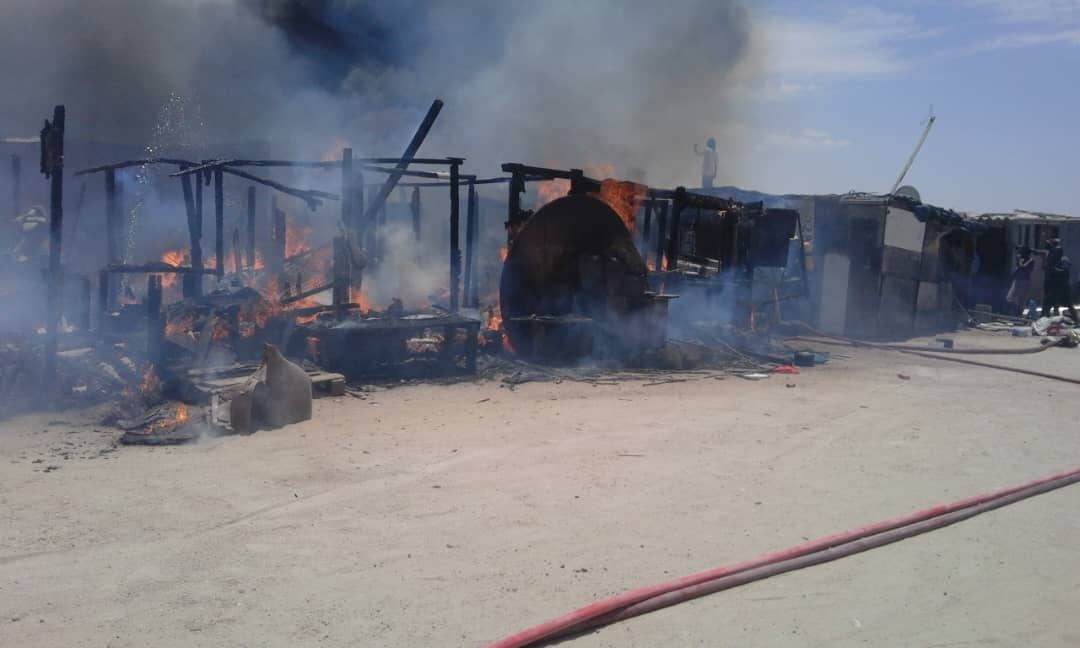THE stand-off between Medi-Clinic and the Namibian Association of Medical Aid Funds (Namaf) over hospital tariffs is expected to be resolved soon.
The Namibian understands that the Namibian Association of Private Hospitals (NAPH) is negotiating with Namaf on the issue. Although neither Namaf nor NAPH would shed more light on the discussions yesterday, Laurie Howard, a client services manager with Medi-Clinic, confirmed that negotiations were already underway.”Yes the NAPH is negotiating with Namaf over the matter and we are hoping to find a solution soon,” said Howard.She said detailed information on new developments would be released soon.Last week, Namaf announced that it was cancelling its guaranteed-payment agreement with Medi-Clinic with effect from Monday, September 12.”The cancellation will mean that medical aid funds will no longer deal directly with Medi-Clinic Group,” said André September of Namaf.September told a press briefing that the healthcare industry was a critical sector that could not be “left open to manipulation”.Namaf advised medical aid fund members to use private hospitals charging Namaf tariffs, namely Rhino Park, Roman Catholic Hospital, Welwitschia and Tsumeb Private Hospital.It said members who preferred using Medi-Clinic would have to pay the 18 per cent cash deposit as determined by Medi-Clinic.They also have to pay their hospital bill in full before claiming a refund.Namaf noted that the 18 per cent deposit would not be refunded, as it fell outside the approved tariff structure.The announcement caught many medical aid fund members who had already scheduled surgery in Medi-Clinic off-guard.It particularly affects pregnant women: Medi-Clinic is the only private hospital in Windhoek with a maternity ward.Some medical aid members said they felt caught in the middle of a ‘game of chicken’ between Namaf and Medi-Clinic.Namaf has said that hospital tariffs were too high, and demanded that the private hospitals lower their tariffs by 18 per cent.The other private hospitals complied, but the Medi-Clinic Group refused to budge.It decided to charge patients the 18 per cent excess in the form of an upfront deposit.September said that the decision to cancel the guaranteed-payment agreement was meant in the interest of aid fund members.”The action that we have taken is meant to protect our members as well as the public.We cannot rely on monopolies in an industry as important as healthcare,” said September.The Namaf boss said the dispute with Medi-Clinic arose from the 2005 tariff structure which Peter Sanders, then chairman of the Namibian Association of Private Hospitals (NAPH), submitted to Namaf last year.Although neither Namaf nor NAPH would shed more light on the discussions yesterday, Laurie Howard, a client services manager with Medi-Clinic, confirmed that negotiations were already underway.”Yes the NAPH is negotiating with Namaf over the matter and we are hoping to find a solution soon,” said Howard.She said detailed information on new developments would be released soon.Last week, Namaf announced that it was cancelling its guaranteed-payment agreement with Medi-Clinic with effect from Monday, September 12.”The cancellation will mean that medical aid funds will no longer deal directly with Medi-Clinic Group,” said André September of Namaf.September told a press briefing that the healthcare industry was a critical sector that could not be “left open to manipulation”.Namaf advised medical aid fund members to use private hospitals charging Namaf tariffs, namely Rhino Park, Roman Catholic Hospital, Welwitschia and Tsumeb Private Hospital.It said members who preferred using Medi-Clinic would have to pay the 18 per cent cash deposit as determined by Medi-Clinic.They also have to pay their hospital bill in full before claiming a refund.Namaf noted that the 18 per cent deposit would not be refunded, as it fell outside the approved tariff structure.The announcement caught many medical aid fund members who had already scheduled surgery in Medi-Clinic off-guard.It particularly affects pregnant women: Medi-Clinic is the only private hospital in Windhoek with a maternity ward.Some medical aid members said they felt caught in the middle of a ‘game of chicken’ between Namaf and Medi-Clinic.Namaf has said that hospital tariffs were too high, and demanded that the private hospitals lower their tariffs by 18 per cent.The other private hospitals complied, but the Medi-Clinic Group refused to budge.It decided to charge patients the 18 per cent excess in the form of an upfront deposit.September said that the decision to cancel the guaranteed-payment agreement was meant in the interest of aid fund members.”The action that we have taken is meant to protect our members as well as the public.We cannot rely on monopolies in an industry as important as healthcare,” said September.The Namaf boss said the dispute with Medi-Clinic arose from the 2005 tariff structure which Peter Sanders, then chairman of the Namibian Association of Private Hospitals (NAPH), submitted to Namaf last year.
Stay informed with The Namibian – your source for credible journalism. Get in-depth reporting and opinions for
only N$85 a month. Invest in journalism, invest in democracy –
Subscribe Now!










